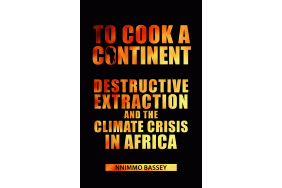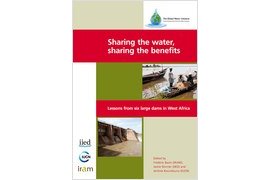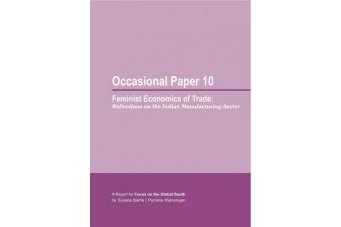Gender equity is a key element of any genuine program towards sustainable development. Analysis included on the Social Watch Report 2012 and the national contributions to the study prove, once again, the stagnation of the fight against these disparities, with disastrous consequences on the (…)



